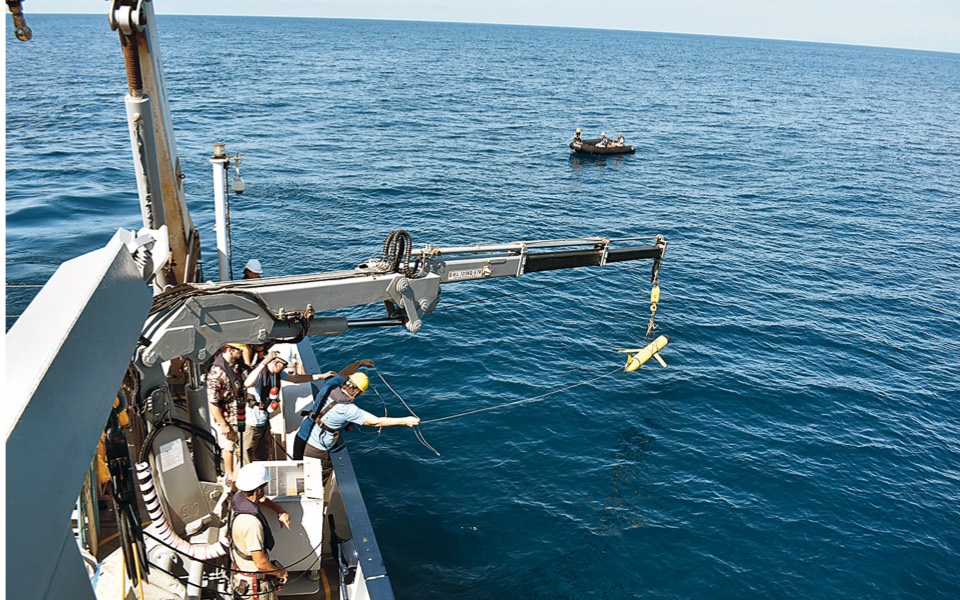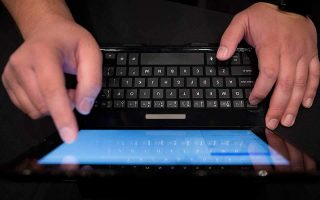Cutting-edge technology to help Greek-led team sniff out potential quake spots

Athens University’s departments of Physics and Geology are heading a team of scientists from six European countries in a rocking new program aptly named RAMONES (Radioactivity Monitoring in Ocean Ecosystems) that will use submersible robots to monitor radon levels in the sea, an indicator of possible seismic activity.
The 3.9-million-euro project will run for four years with funding from the European Union’s Horizon program.
“We know that seismic faults release natural radon, a radioactive isotope. By locating these emissions and observing them, we will be able to tell which faults are active,” says project coordinator Theodoros Mertzimekis, an associate professor of physics at Athens University.
The team will use underwater robots programmed to “sniff out” radon spikes. “They will decide where to go on their own, like hunting dogs,” says Mertzimekis.
The Aegean Sea leg of the project will focus on areas off the coasts of Santorini and Milos where there are active hydrothermal vent fields that are known to respond to seismic activity.





